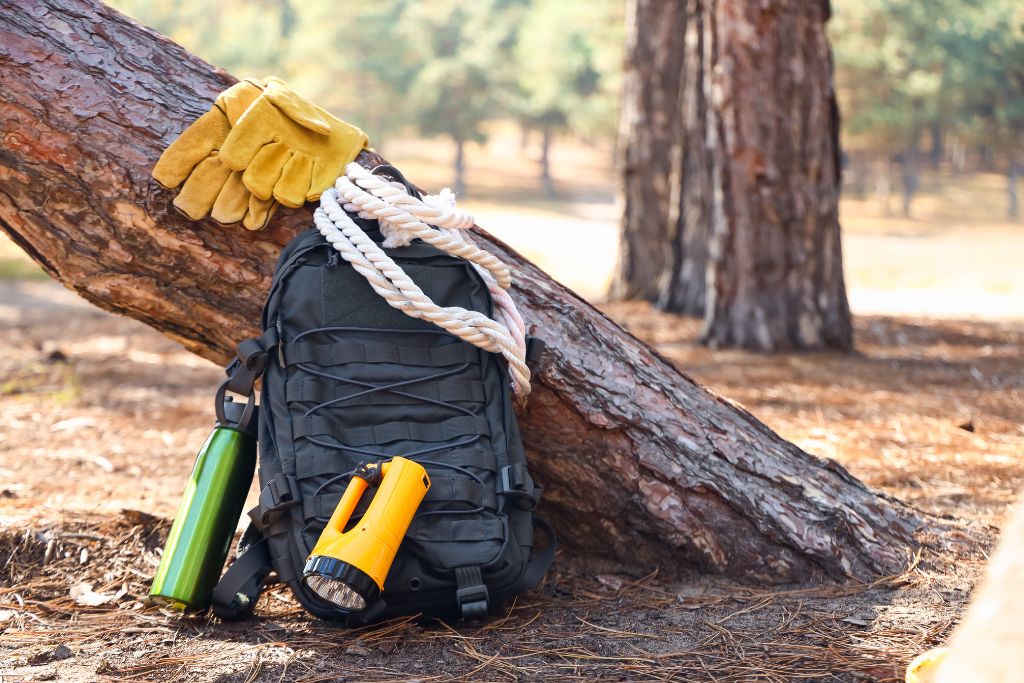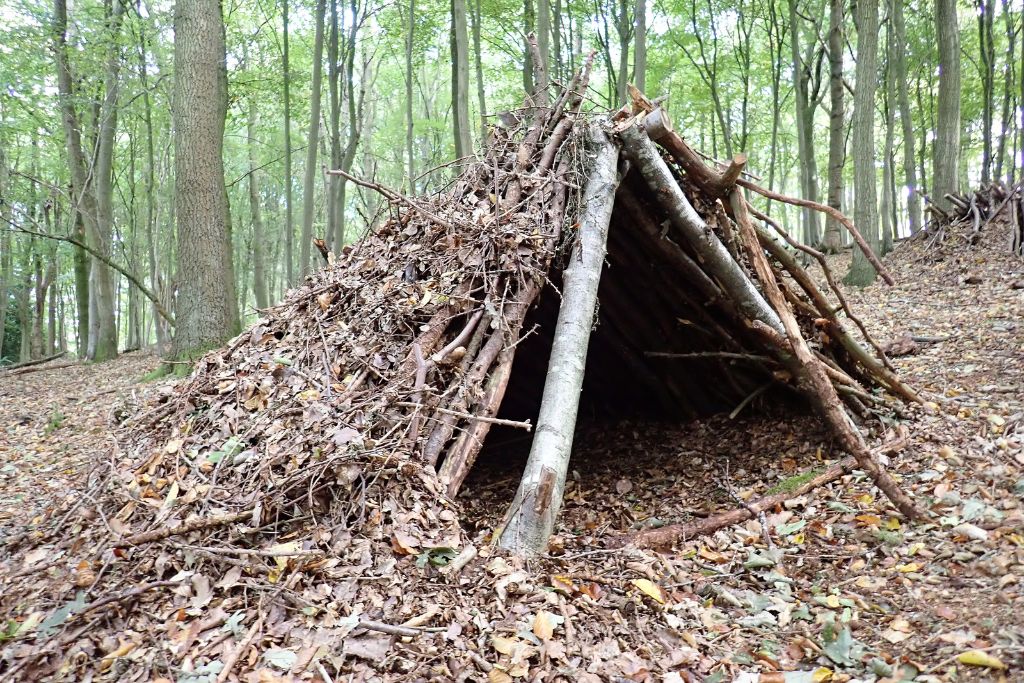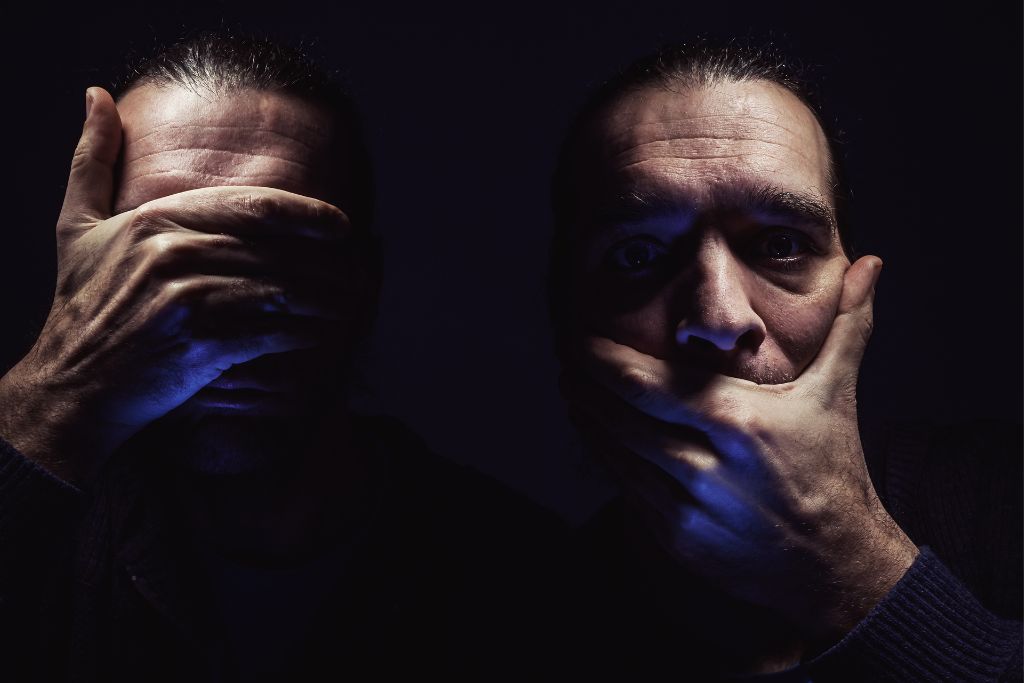The right supplies can make a big difference in an emergency. Personalize your kit for your family’s needs and check it regularly to keep it up-to-date. Having basic survival items like water, food, and first aid can help you get through an emergency when your local officials cannot reach you immediately. You may need to shelter in place for days or longer.
Water
A basic survival kit should contain supplies to get water, food, and shelter. It should also have things like toilet paper, a portable bathroom, and sanitary napkins that are important for personal hygiene and sanitation.
Your emergency survival kit should be built around your unique needs and environment, as well as the risks and challenges that you are most likely to face. For example, if you live in a desert environment, your kit may need to emphasize energy and hydration over nutritionally balanced meals.

Your emergency supply should contain enough water to hydrate you and your family for at least a couple of days, as recommended by FEMA. This means at least a gallon of water per person, which can be purchased in bottled form or purified with water filtration devices.
Food
Having an emergency survival kit is one of the most important things that you can do to be prepared for an emergency. It helps you prepare for the unexpected and give you confidence that you can deal with it.
The best way to build your own emergency survival kit is to plan what you need and prioritize it. This will help you know what items to buy and when to buy them.

Start with water and food, then add first aid supplies, shelter, light, and a fire starter. Make sure you keep a list of everything in your survival kit and put it in an easily accessible location.
First Aid
When disaster strikes, you may have to wait out a storm or evacuate your home. Having your own emergency survival kit will ensure you and your family stay safe and healthy during an emergency.
Bandages, gauze, tweezers, antiseptic cream, and painkillers like ibuprofen or acetaminophen are all part of a first aid kit. It’s also a good idea to carry some hand sanitizer and other hygiene items as a backup.

Ideally, your emergency survival kit should be in a watertight container like a large storage tub. This keeps the items in one place and makes it easy to grab them when you need them.
Shelter
Building your own emergency survival kit can be a daunting task. However, having a kit that you can quickly access and use when an emergency strikes will help you stay safe and healthy.
A good survival kit should contain the essential tools and supplies for your specific situation. It should also be easy to carry and store.

Start by creating a basic emergency kit that you can add to as your family grows and your needs change. It’s a great way to save money and have everything you need in one place, ready for any disaster that may come your way.
Light
Whether you’re a doomsday prepper or simply want to be prepared for the worst, putting together an emergency survival kit is an essential part of your preparation process. Fortunately, there are hundreds of checklists and resources online to guide you through the process.
A robust survival kit should be custom suited to your needs, training, and environment. Ultimately, the best survival kit is the one that you tailor for yourself and your family.

The basic elements of a survival kit include water, food, first aid, and shelter. You can customize your kit by adding more gear, if necessary, to meet your specific needs and goals.







